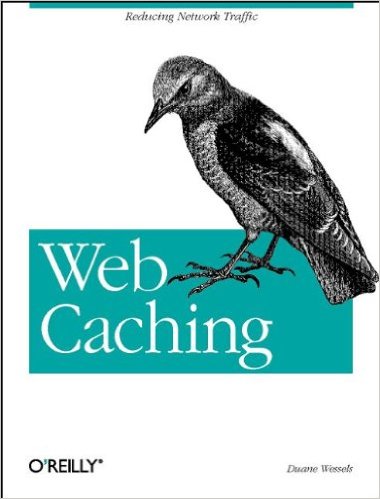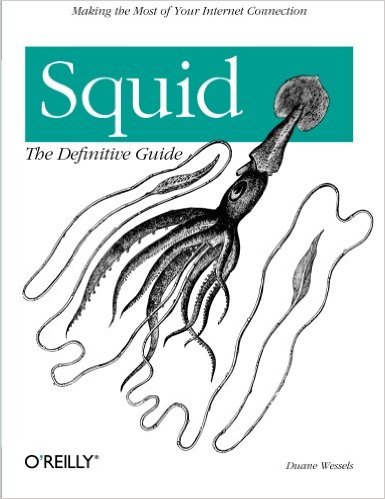Web Caching
On the World Wide Web, speed and efficiency are vital. Users have little patience for slow web pages, while network administrators want to make the most of their available bandwidth. A properly designed web cache reduces network traffic and improves access times to popular web sites--a boon to network administrators and web users alike.Web Caching hands you all the technical information you need to design, deploy, and operate an effective web caching service. It starts with the basics of how web caching works, from the HTTP headers that govern cachability to cache validation and replacement algorithms.Topics covered in this book include:
The book also covers the important political aspects of web caching, including privacy, intellectual property, and security issues.Internet service providers, large corporations, or educational institutions--in short, any network that provides connectivity to a wide variety of users--can reap enormous benefit from running a well-tuned web caching service. Web Caching shows you how to do it right.
Squid: The Definitive Guide
Squid is the most popular Web caching software in use today, and it works on a variety of platforms including Linux, FreeBSD, and Windows. Squid improves network performance by reducing the amount of bandwidth used when surfing the Web. It makes web pages load faster and can even reduce the load on your web server. By caching and reusing popular web content, Squid allows you to get by with smaller network connections. It also protects the host on your internal network by acting as a firewall and proxying your internal web traffic. You can use Squid to collect statistics about the traffic on your network, prevent users from visiting inappropriate web sites at work or school, ensure that only authorized users can surf the Internet, and enhance your privacy by filtering sensitive information from web requests. Companies, schools, libraries, and organizations that use web-caching proxies can look forward to a multitude of benefits.Written by Duane Wessels, the creator of Squid, Squid: The Definitive Guide will help you configure and tune Squid for your particular situation. Newcomers to Squid will learn how to download, compile, and install code. Seasoned users of Squid will be interested in the later chapters, which tackle advanced topics such as high-performance storage options, rewriting requests, HTTP server acceleration, monitoring, debugging, and troubleshooting Squid.Topics covered include:



